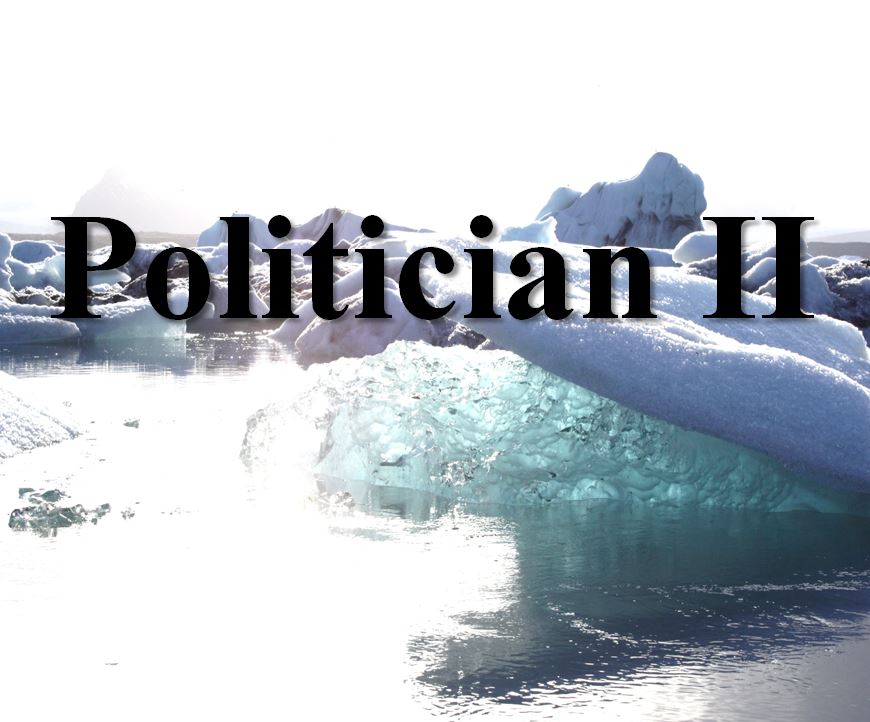To model the earth’s climate: What does it tell us? Should we believe? Can we really rely on it? Indeed, climate change remains a “wicked problem”: a difficult knot in an uncomfortable area that present some extremely deep complexities, uncertainties and even disagreement on what the problem is. The Earth’s system is complex, and modeling it climate can be a big task coupled with many uncertainties. Climate scientists try their best, taking into account many variables. However, given the inherent uncertainties of climate models, should climate mitigation and adaptation policy rely on these models?
This was the question for our third role play at ICSS, uni-Hamburg and the discussion occurred within the communities of mainstream scientists, skeptical scientists, Green and ODP (Ökologisch-Demokratische Partei) politicians. Mainstream scientists opened up the discussion with confidence in the use of model results. They argued that while there are some sources of uncertainties in climate models, models are based on well established physical laws and produce logical representation of the future. In addition, models have worked in the past, and success in the future can be judged when looked into the past.Moreover, evidence and data of various models show that they are adequate enough to rely on. Preferably, it is better to rely on experts knowledge and start mitigation now.
Skeptical scientists agreed on the necessity of mitigation and adaptation policies but however questioned the adequacy of climate models for that purpose.They argued that while it is morally questionable to assign economic value to a loss homeland, climate models are still so uncertain about the cost benefits analysis and everything is based on assumptions. On the basis of assumptions, is it possible to weigh losses of future generations against today’s cost? Comment on emission pathways, discount rate, technological changes and so on? What’s more, how do we economically quantify environmental degradation? More so, climate models are based on physical laws which are hardly noteworthy. Rather, the question should be if we are willing to make fit to a book which does not quite understand the book itself?
Although, ODP politicians did not argue about the functionality of models, they argued what was important was the society.They stressed that many policy actions should be aimed to improve the health and well being of the people. They also noted that, while the timescale of model projections are long, the ruling time of political parties are short. Therefore, priority should be given to improve the socio-economic and welling being of the German people regardless of model projections.
.
Green politicians argued that, rather than trust in their gusts, they would rely on models for guidance to work on strategies for mitigation and adaptation policies.They claimed while basic scientific uncertainty and natural variability will prevent scientists from providing accurate and certain projections. Models provide alternative policy choices, and further information upon which they can base their judgements on. Preferably, it will be best to introduce climate uncertainty in their everyday operations. In most cases, they know how to do so, since uncertainty is at the heart of many economic decisions they take. They proposed that to make the precautionary principle work, it is urgent to include future climate conditions than wait for future generations to find out whether these models were right or not and leave them with the difficult task of dealing with a savage situation.

